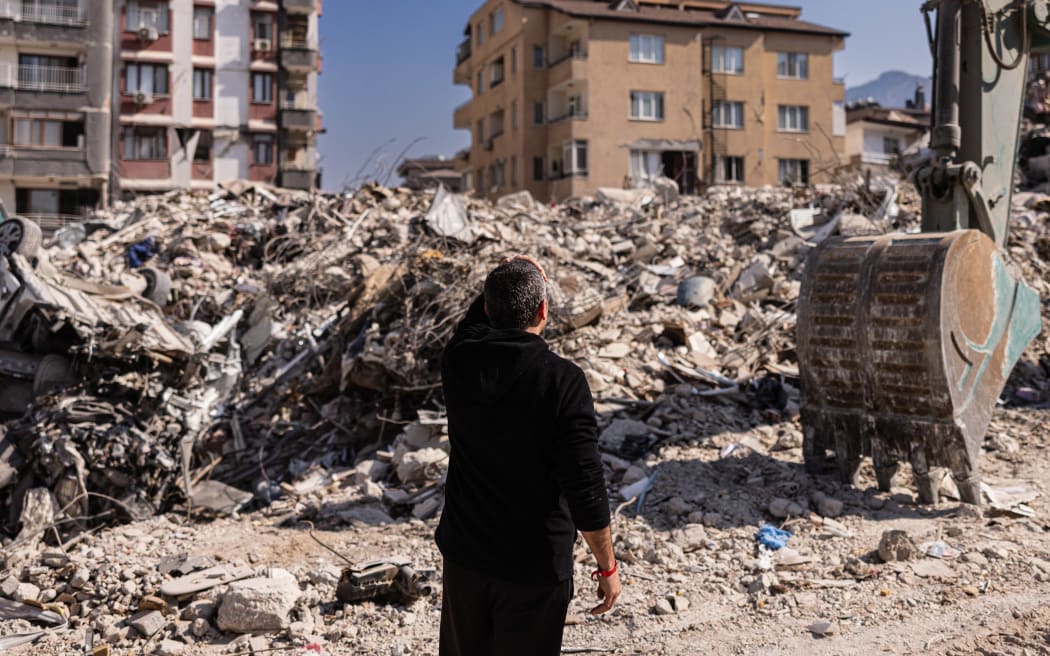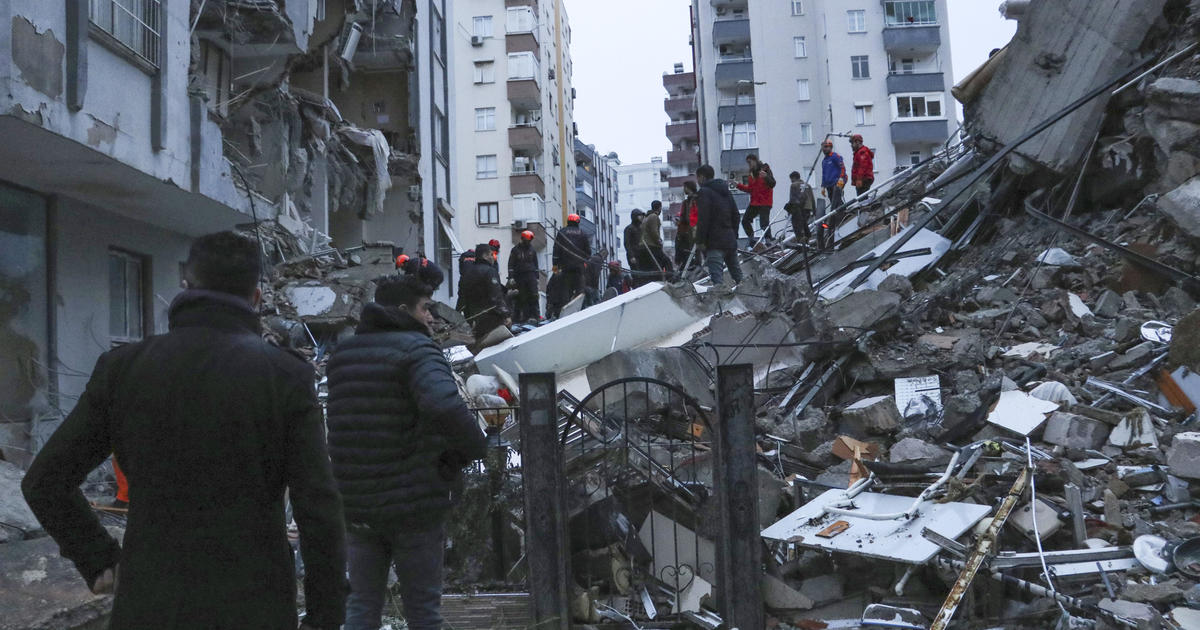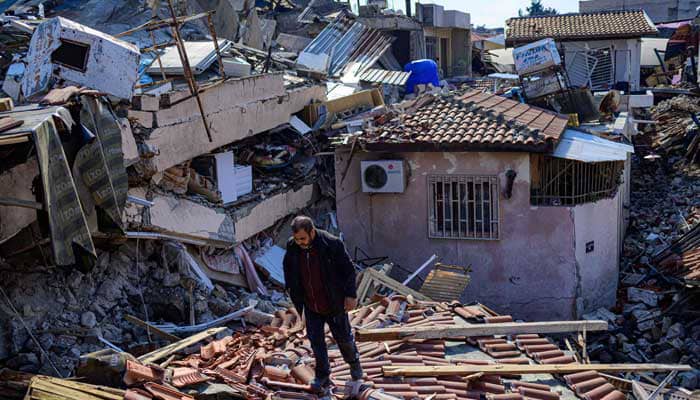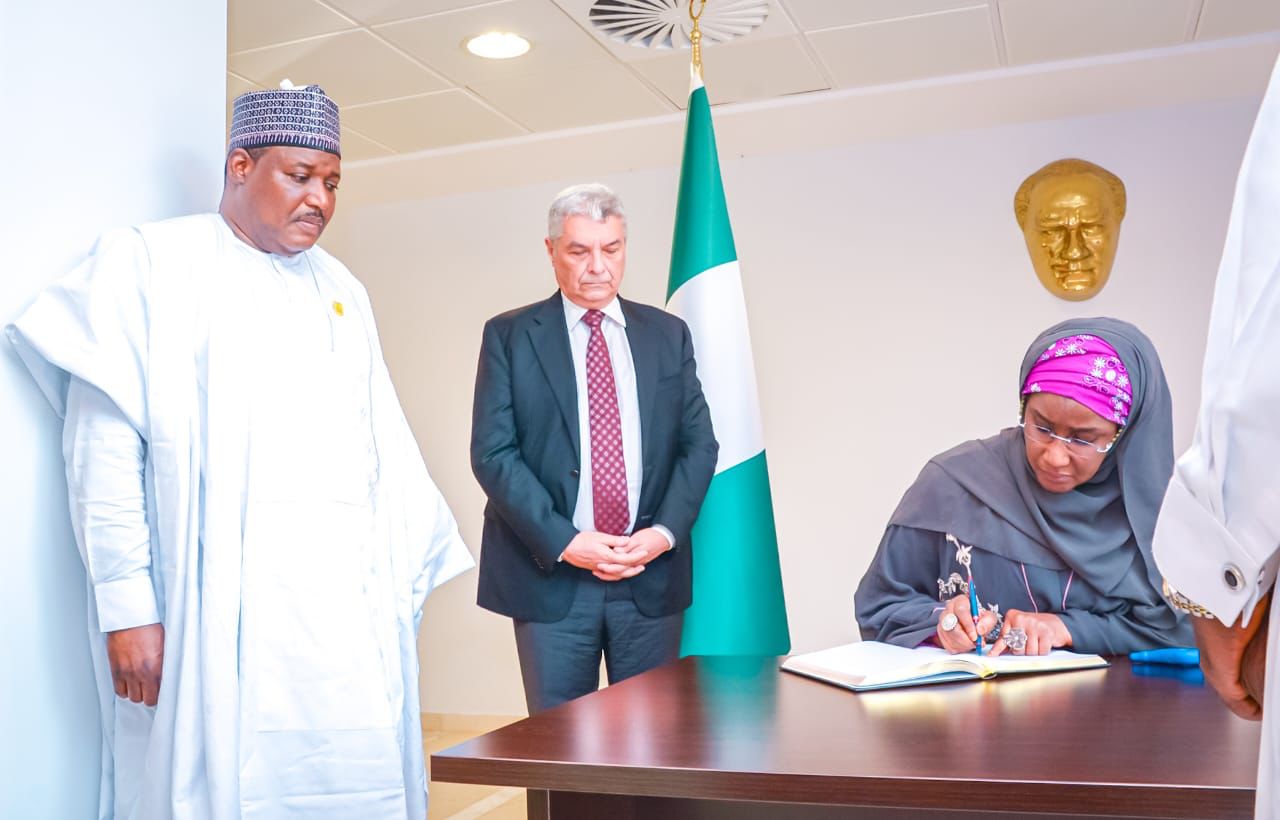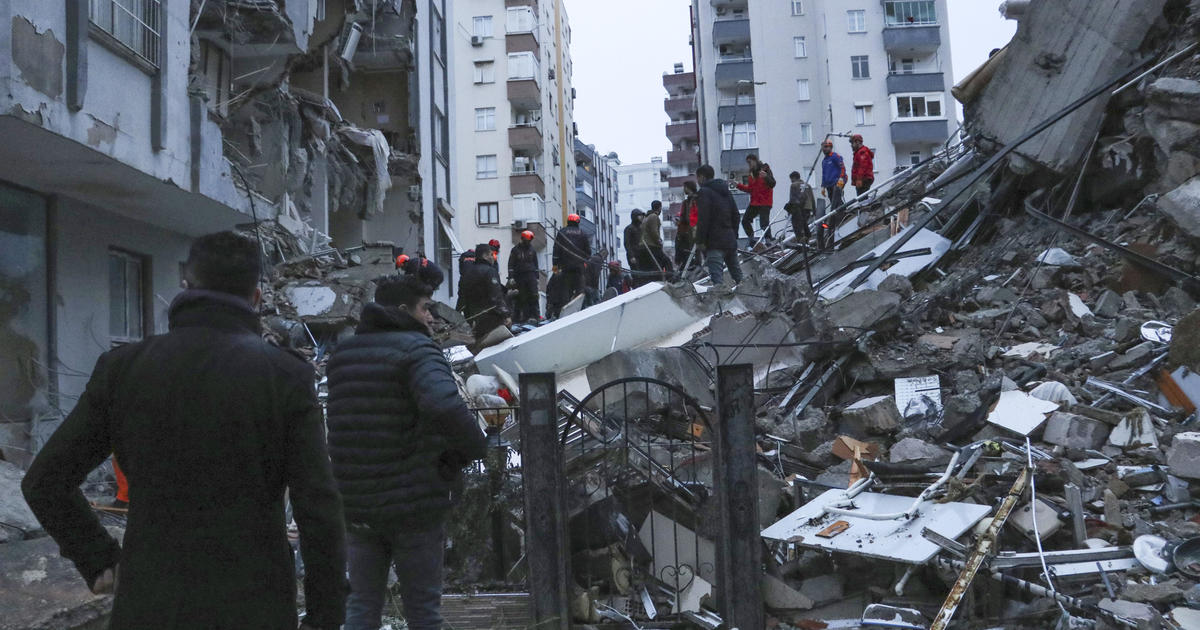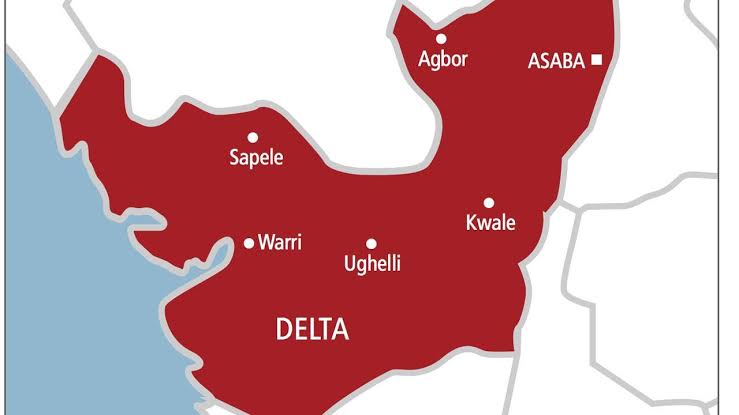The death toll from a catastrophic earthquake that hit Turkey and Syria climbed above 35,000 on Monday, with search and rescue teams starting to wind down their work.
Officials and medics said 31,643 people had died in Turkey and 3,581 in Syria from last Monday’s 7.8-magnitude tremor, bringing the confirmed total to 35,224.
When the death toll stood at 28,000 on Saturday, the United Nations relief chief Martin Griffiths told Sky News he expected the number to “double or more” as chances of finding survivors fade with every passing day.
Supplies have been slow to arrive in Syria, where years of conflict have ravaged the healthcare system, and parts of the country remain under the control of rebels battling the government of President Bashar al-Assad, which is under Western sanctions.
A 10-truck UN convoy crossed into northwest Syria via the Bab al-Hawa border crossing, according to an AFP correspondent, carrying shelter kits including plastic sheeting, ropes and screws and nails, as well as blankets, mattresses and carpets.
Bab al-Hawa is the only point for international aid to reach people in rebel-held areas of Syria after nearly 12 years of civil war, after other crossings were closed under pressure from China and Russia.
The World Health Organization chief met Assad in Damascus on Sunday and said the Syrian leader had voiced readiness for more border crossings to help bring aid into the rebel-held northwest.
“He was open to considering additional cross-border access points for this emergency,” WHO chief Tedros Adhanom Ghebreyesus told reporters.
Assad said he looked forward to further “efficient cooperation” with the UN agency to improve the shortage in supplies, equipment and medicines, his presidency said.
UN special envoy to Syria, Geir Pedersen, was also in Damascus on Sunday carrying a message to set aside politics.
“We are mobilising funding and we are trying to tell everyone to put politics aside,” he said.
“This is a time to unite behind a common effort to support the Syrian people.”
Assad had also thanked the United Arab Emirates for providing “huge relief and humanitarian aid” with pledges of tens of millions of dollars in aid as well.
But security concerns prompted the suspension of some rescue operations, and dozens of people have been arrested for looting or trying to defraud victims in the aftermath of the quake in Turkey, according to state media.
An Israeli emergency relief organisation said Sunday it had suspended its earthquake rescue operation in Turkey and returned home because of a “significant” security threat to its staff.
Miraculous tales of survival still emerged, though experts caution that hopes for finding people alive in the devastation dim with each passing day.
Almost 160 hours after the quake, several more people were rescued, including an eight-year-old boy in Gaziantep, and a 63-year-old woman in Hatay, state media reported.
The United Nations has warned that at least 870,000 people urgently need hot meals across Turkey and Syria. In Syria alone, up to 5.3 million people may have been made homeless.
Almost 26 million people have been affected by the earthquake, the WHO said as it appealed Saturday for $42.8 million to cope with immediate health needs after dozens of hospitals were damaged.
Turkey’s disaster agency said more than 32,000 people from Turkish organisations are working on search-and-rescue efforts, along with 8,294 international rescuers.
But, in many areas, rescue teams said they lacked sensors and other advanced search equipment, leaving them reduced to carefully digging through the rubble with shovels or only their hands.
“If we had this kind of equipment, we would have saved hundreds of lives, if not more,” said Alaa Moubarak, head of civil defence in Jableh, northwest Syria.
Syria’s transport ministry has said 62 aid planes had landed in Syria this week with more on the way in coming days, in particular from Saudi Arabia.
After days of grief and anguish, anger in Turkey has been growing over the poor quality of buildings as well as the government’s response to the country’s worst disaster in nearly a century.
Officials say 12,141 buildings were either destroyed or seriously damaged in the earthquake.
Three people were put behind bars by Sunday and seven more have been detained — including two developers who were trying to relocate to the former Soviet republic of Georgia.
Officials and medics said 29,605 people had died in Turkey and 3,581 in Syria from last Monday’s 7.8-magnitude quake, bringing the confirmed total to 33,186.
